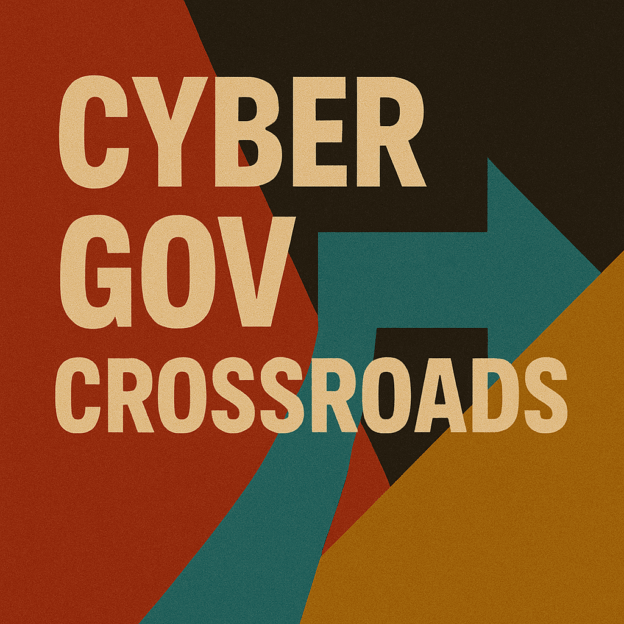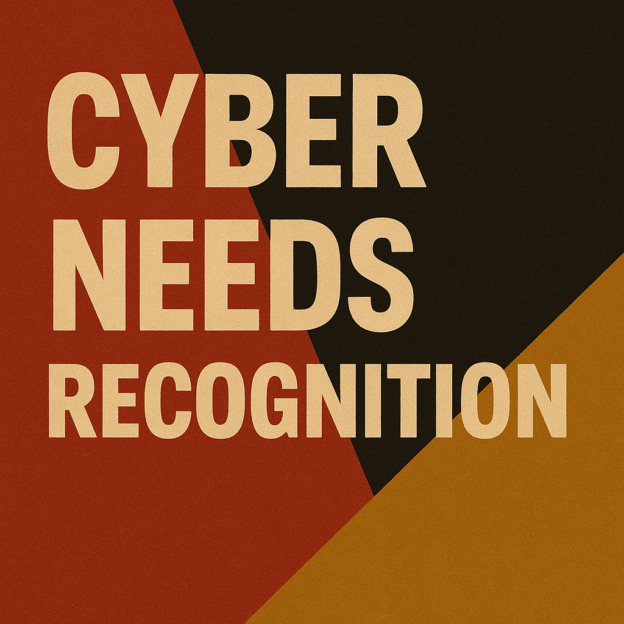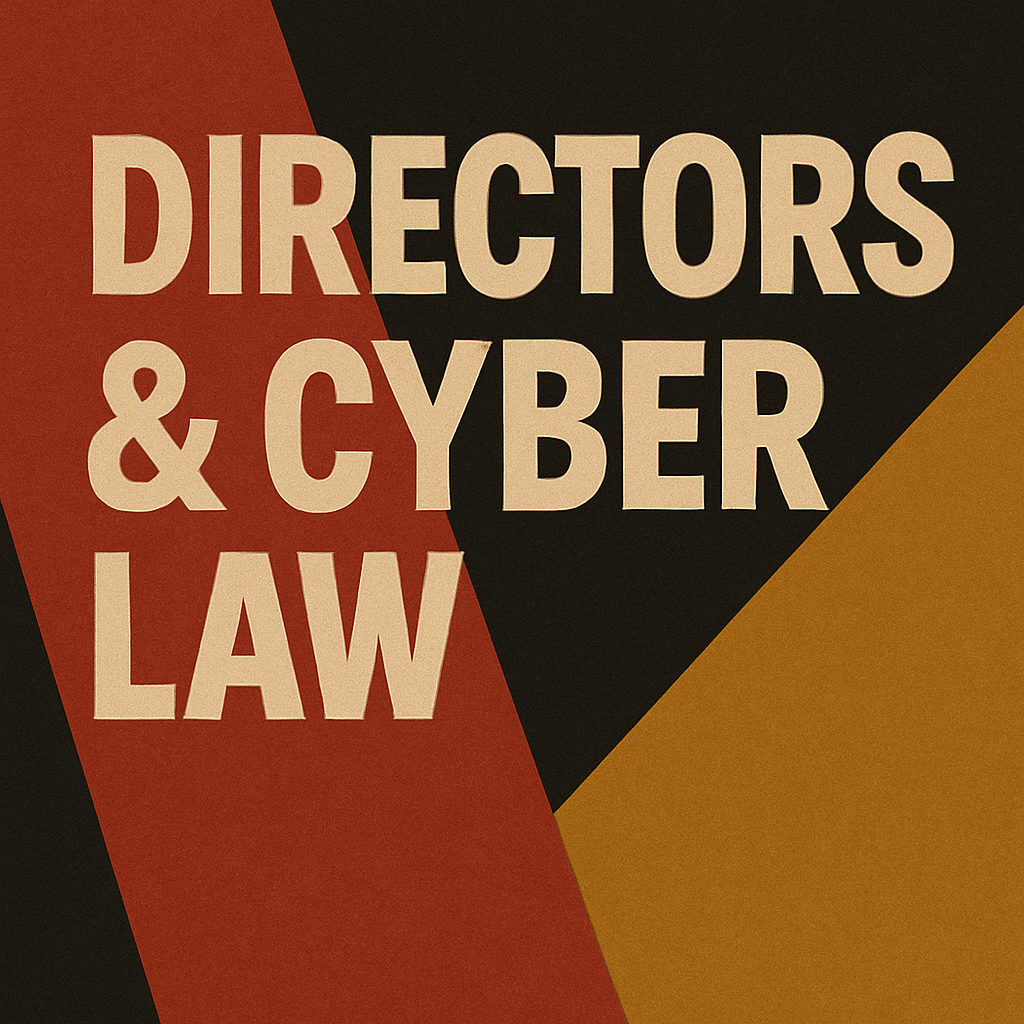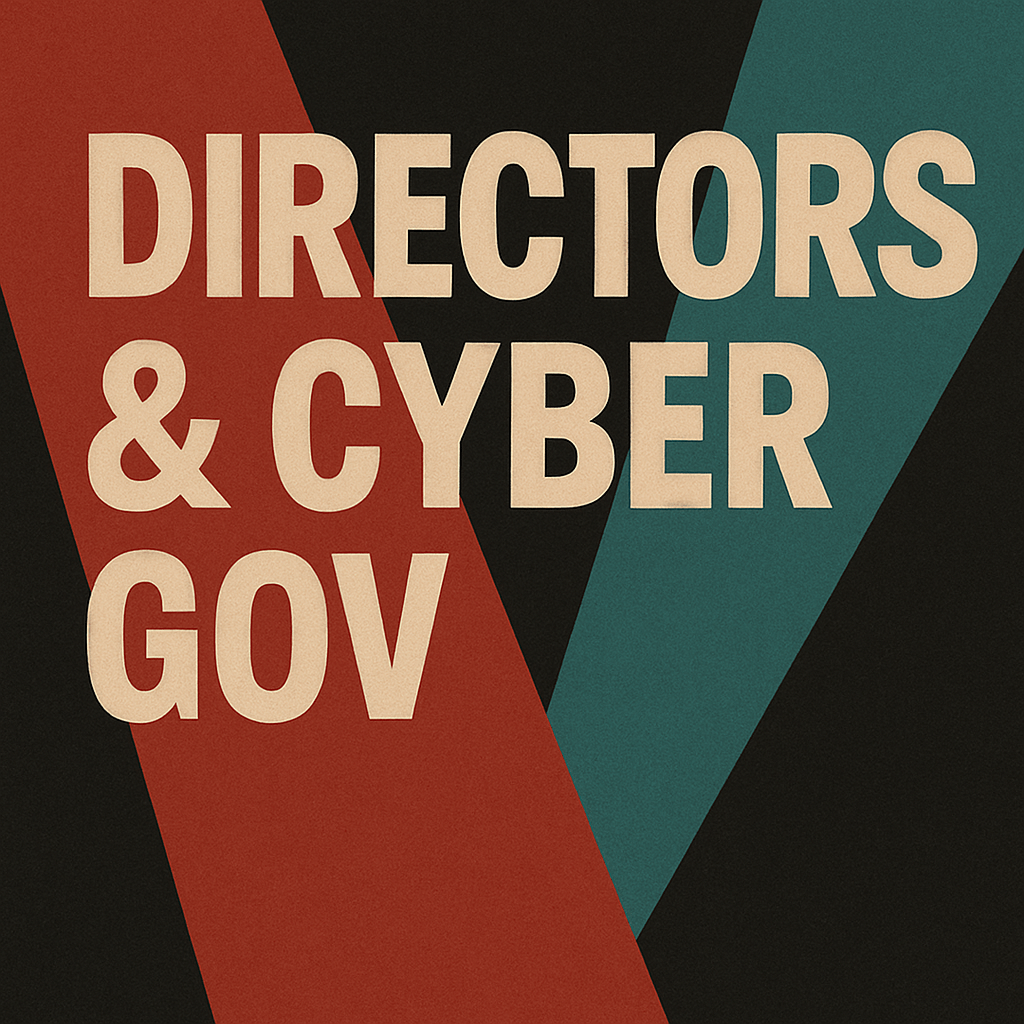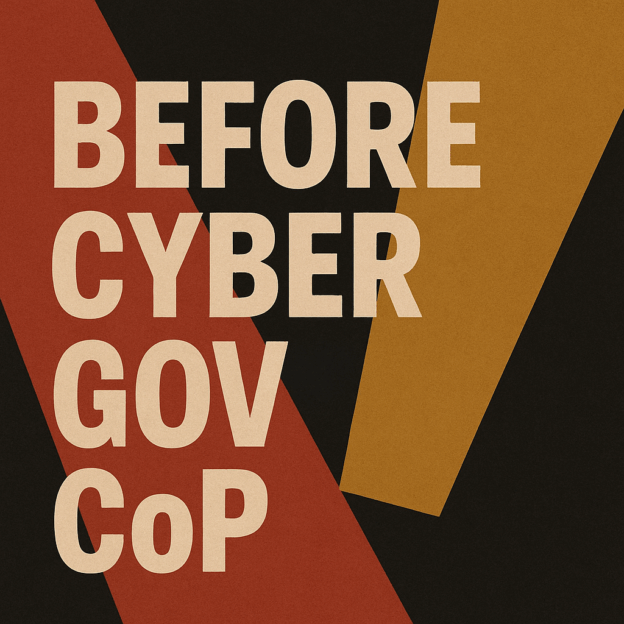This framing article summarises a set of responses to DSIT’s Cyber Governance Code of Practice consultation in Jan/Feb 2024. It highlights practitioner and institutional submissions, alongside thematic deep dives on law, assurance, incentives, and professionalism. The message: DSIT asked the right questions, but the hardest answers were still missing.
Continue reading